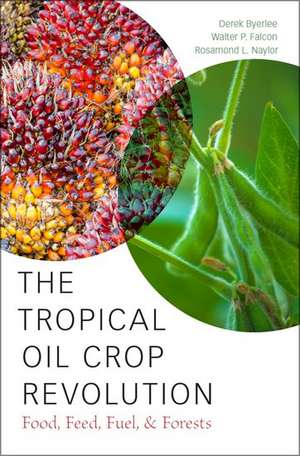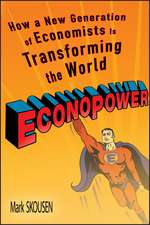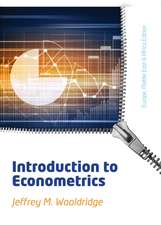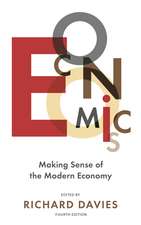The Tropical Oil Crop Revolution: Food, Feed, Fuel, and Forests
Autor Derek Byerlee, Walter P. Falcon, Rosamond L. Nayloren Limba Engleză Hardback – 8 dec 2016
Preț: 552.07 lei
Preț vechi: 790.99 lei
-30% Nou
Puncte Express: 828
Preț estimativ în valută:
105.63€ • 110.30$ • 87.23£
105.63€ • 110.30$ • 87.23£
Carte tipărită la comandă
Livrare economică 04-10 aprilie
Preluare comenzi: 021 569.72.76
Specificații
ISBN-13: 9780190222987
ISBN-10: 0190222980
Pagini: 304
Dimensiuni: 239 x 160 x 28 mm
Greutate: 0.54 kg
Editura: Oxford University Press
Colecția OUP USA
Locul publicării:New York, United States
ISBN-10: 0190222980
Pagini: 304
Dimensiuni: 239 x 160 x 28 mm
Greutate: 0.54 kg
Editura: Oxford University Press
Colecția OUP USA
Locul publicării:New York, United States
Notă biografică
Derek Byerlee is a Visiting Scholar at Stanford University, Adjunct Professor at Georgetown University, and Editor-in-Chief of the Global Food Security journal. He previously held senior positions in the World Bank and the International Maize and Wheat Improvement Center and has served on many international advisory bodies. His recent work has focused on inclusive agribusiness, large-scale farming, land use change and deforestation, and land governance.Walter P. Falcon is Farnsworth Professor of International Agricultural Policy (Emeritus) and Senior Fellow at Stanford University. He is a specialist on food policy, especially in Asia, and has also played important leadership roles in international agricultural research organizations. He holds a PhD from Harvard in economics and is the winner of numerous scholarly and public service awards.Rosamond L. Naylor is the William Wrigley Professor of Earth Systems Science and the Director of the Center on Food Security and the Environment at Stanford University. She completed her graduate degrees at the London School of Economics and Stanford's Food Research Institute, and Naylor's research focuses on the economic and policy dimensions of global food systems. She and her students execute field research projects focused on food security and environmental issues related to agriculture and aquaculture in several countries. She is an advisor to Stockholm's Beijer Institute, the Aldo Leopold Leadership Program, The Nature Conservancy, and the Aspen Global Change Institute.









